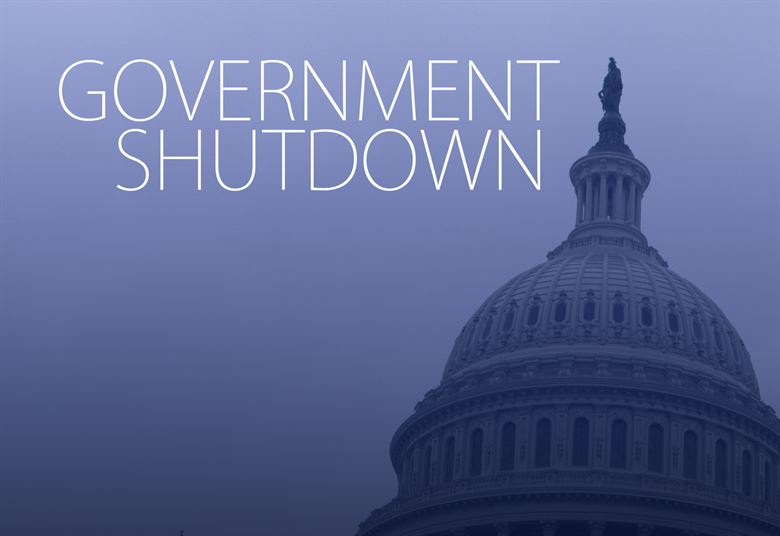Congressional Division Leading to Possibility of Shutdown
Jan 19, 2018
In the first time since 2013, the government is rapidly approaching a shutdown due to Congressional division over government funding amid the impending fates of young, undocumented immigrants who are facing fears of deportation.
The House of Representatives passed a stopgap spending bill that will provide the government with another month of funding till February 16 on the evening of Thursday, Jan. 18 despite an opposition composed of primarily Democrats and a handful of Republicans.
Along with the stopgap, leaders of the House included a measure to extend the Children’s Health Insurance Program (CHIP), a program created for providing children in low-income households with health coverage, for an additional six years.
The trouble with the bill currently rests in the Senate, wherein there remains a great divide among the two parties. The vote is expected to partake on Friday, Jan. 19, yet officials are uncertain of what will proceed following their vote.
“These are hard issues; there’s a lot of disagreement,” Republican Senator John Thune said. “Not just on substance but how to proceed to it. And everybody’s trying to gain leverage.”
It is unlikely that the bill will pass through the 60 votes required to break a filibuster. GOP lawmakers are speaking out against the measure as, according to them, short-term funding will have a negative impact on the military. Along with this opposition, Democrats are refusing to pass through with the bill because it does not address the impending deportation of young immigrants that will come from President Donald Trump ending the Deferred Action for Childhood Arrivals (DACA) program in early March.
If the Senate does not vote in favor of the stopgap by the end of the Friday, Jan. 19, the government will officially be shut down. According to AP Government and Civics teacher Joseph Edwards, the government being shut down will have primarily no impact on a regular American’s life.
“The largest impact would be on people who are trying to get new and different services from the government,” Edwards said. “Most Americans won’t really see too much of an impact because we get most of our services from the state government, not the federal government. So, for most people, it won’t have much of an impact. Politically is where it’s going to have the most impact.”
This threat of government closure comes from the Republicans and especially the Democrats, as they are the minority within both the House and Senate, to acquire some leverage for what they want.
“Both sides are trying to position themselves as one side being irresponsible, the other side being responsible,” Edwards said. “At some point they’re going to get it done; at some point the government is going to reopen, but it’s just a matter of using this as a political game to use it as leverage to get things that they each want. This is the one opportunity that the Democrats have, because they’re the minority, so that they can get certain things that they want.”
Some West students learned about this shutdown from their classes.
“I feel like there’s a negative and a positive to this,” junior Amarah Amanat said. “I remember my history teacher talking about this in class. In a way, it’s like a waste of time because they’re avoiding doing their job, but there are many good things that can possibly come from this like dealing with controversial acts and bills.”




